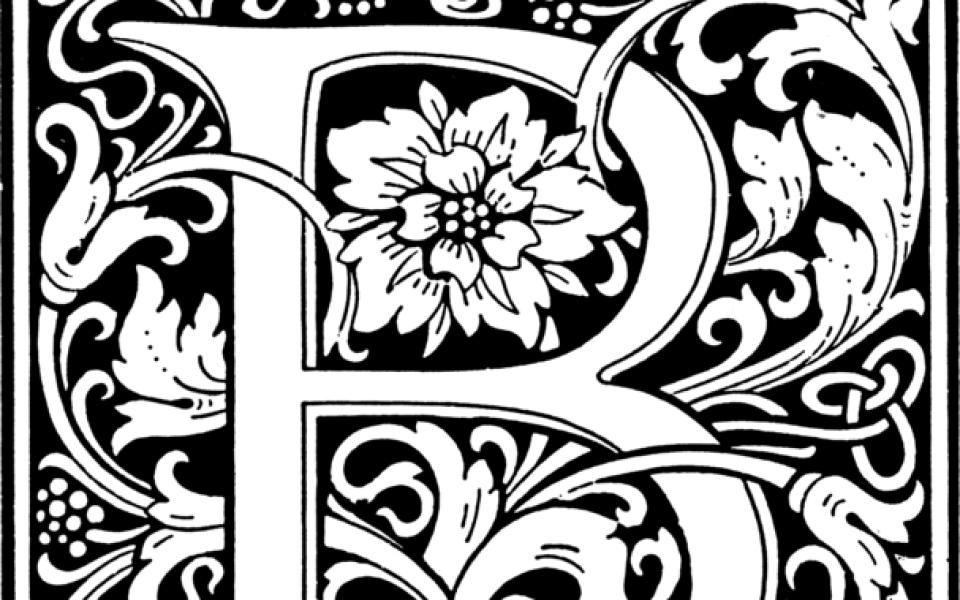The conversation has been coming up in white, American newsrooms for hundreds of years, in one form or another: How do we properly refer to the Black race, in print, for the record.
Various solutions have been tried — no need to get down in the weeds with the history, because white newsrooms were not always concerned with the Black reaction to the assigned nomenclature.
But decades ago the press settled on “African American,” hyphenated as an adjective, which can be interspersed with lowercase “black,” because in old-guard, newspaper-style thinking to capitalize “Black” means that one must also capitalize “White,” which feels kind of white-supremacist-y.
The solution of not referring to race has never been applied — because in this country, race applies to everything. Every institution, system and life outcome is structured through racism. In a country that was established through stolen African labor and land stolen from Indigenous people, these patterns self-replicate.
And so we stuck with “black,” with the notable exception of most of the Black press, which took and administered its capital B.
Until now.
The conversation about “Black” has been resurrected in newsrooms across the country, many of them with more Black reporters and editors around to give voice to a nuanced argument for the capital B: that in the United States, Blackness is a thing — a people, a culture, a history, a state of being — in a way whiteness just is not, and, perhaps, Latinx is.
Furthermore, white people can claim their specific ancestry to a country or a nationality in a way that Black folks, whose ancestors did not benefit from country-of-origin paperwork, cannot. That’s why white people love Ancestry.com.
Hundreds of newspapers have made the change in the last three weeks, and we were having the discussion in our newsroom when the last domino fell: The AP Stylebook, the bible of newspaper style, declared that “Black” is to be used in “a racial, ethnic or cultural sense, conveying an essential and shared sense of history, identity and community among people who identify as Black, including those in the African diaspora and within Africa. The lowercase black is a color, not a person.”
So there you have it, a historic change in newspaper style 150 years after the Emancipation Proclamation, as simple as Black and white.
Join the First Amendment Society, a membership that goes directly to funding TCB‘s newsroom.
We believe that reporting can save the world.
The TCB First Amendment Society recognizes the vital role of a free, unfettered press with a bundling of local experiences designed to build community, and unique engagements with our newsroom that will help you understand, and shape, local journalism’s critical role in uplifting the people in our cities.
All revenue goes directly into the newsroom as reporters’ salaries and freelance commissions.


Leave a Reply